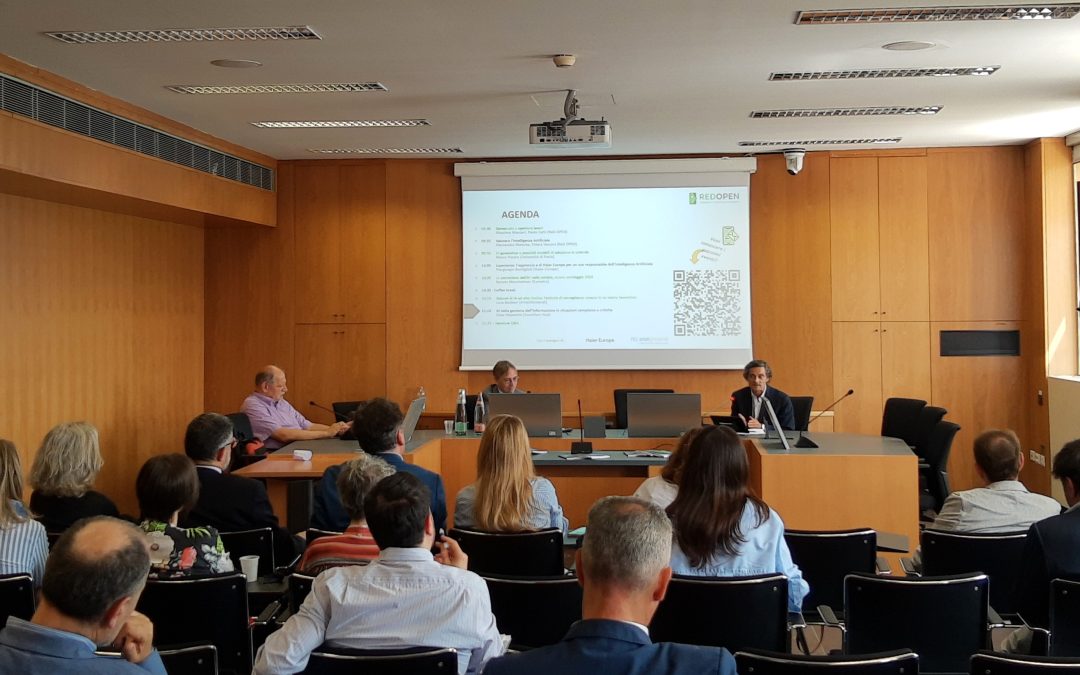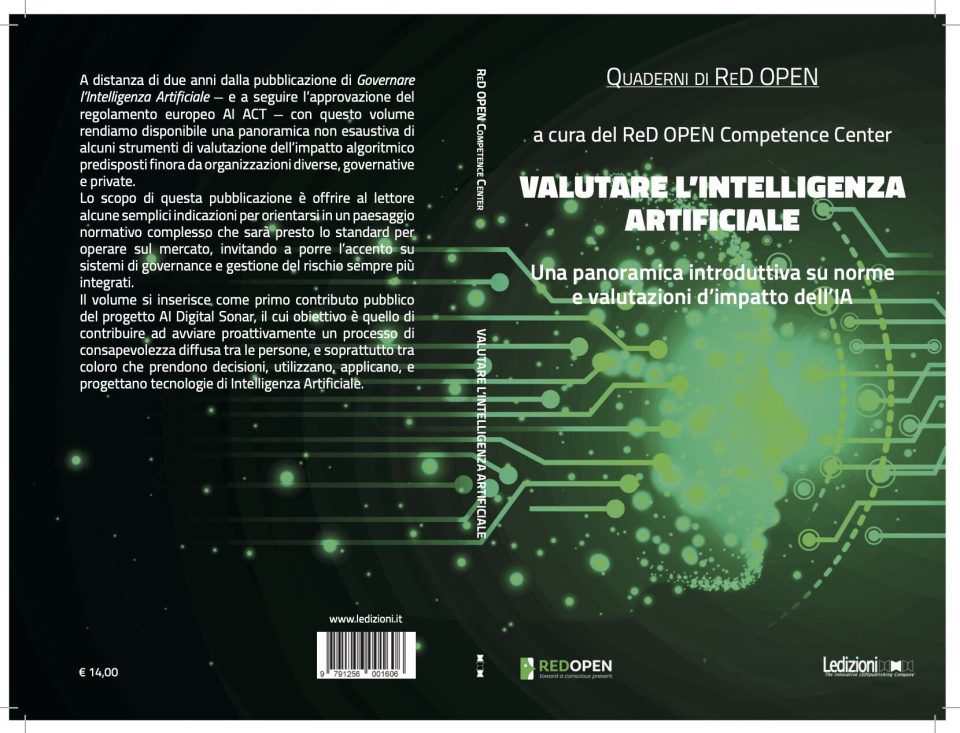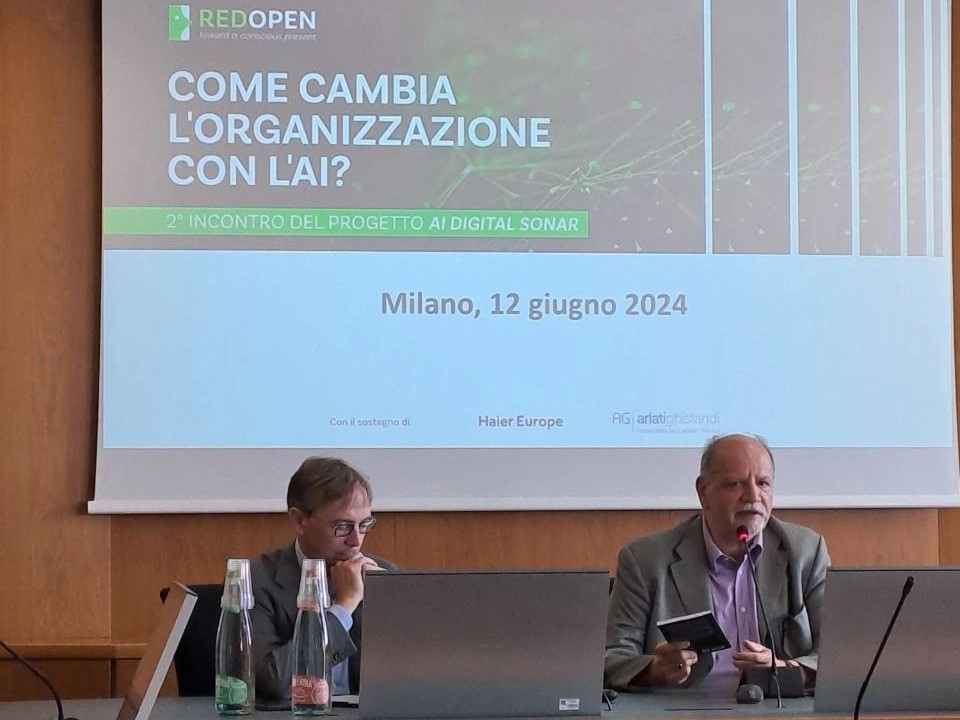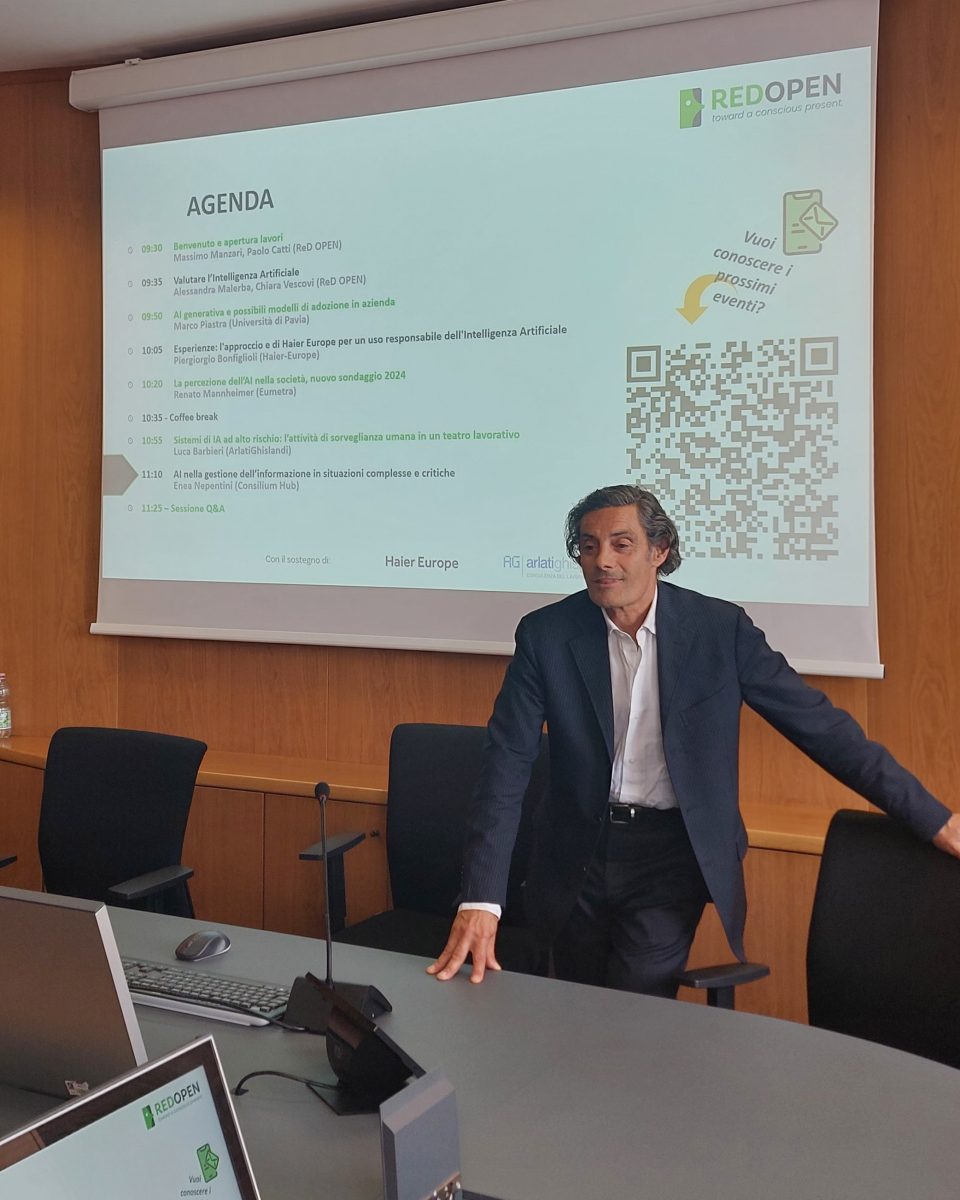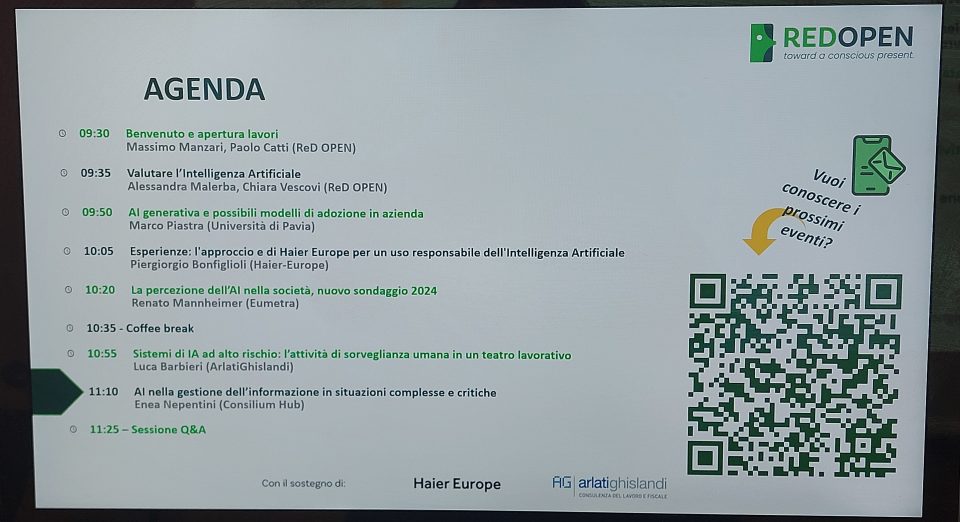
AI between information and communication: the need for transparency in corporate communication
AI and Media: A Complex Relationship
Artificial Intelligence (AI) is shaping the media world, raising questions about issues such as human control and copyright protection. Recently, Tg2 and the New York Times took actions to protect their content from being used for AI training, raising debates on the importance of transparency and compliance in the news industry. This scenario highlights how AI can represent both an opportunity and a threat to the future of information.
OpenAI, a leader in the AI sector, is going through a period of significant change, with a transition from a non-profit to a for-profit model and new fundraising that could value it at around $150 billion. It recently signed an agreement with CDP Venture Capital to support Italian start-ups in adopting AI technologies. This agreement, which follows Microsoft’s investment in Italy, represents an important step for the development of generative AI in our country.
While the media continue to debate these issues, the reality is that the information world still struggles to integrate with this new context, in which the data stored and produced on a daily basis become invaluable resources for training increasingly advanced technological solutions. There is no doubt about the importance of transparency in training such systems, especially now that we are moving towards combining traditional content with detailed personal data. Regulations will be crucial, but with increasing automation in the field of information, it will be crucial to ensure strict controls and validations.

IA e Diritto d’Autore: Una Sfida per la Creatività
The issue of copyright in the field of AI-generated creations is complex and debated. Currently, works produced entirely by artificial intelligence systems do not enjoy legal protection unless there is a significant human contribution. The creative contribution of the human being is crucial to ensure copyright protection, as automatically generated content is considered to lack autonomous originality. A recent Agenda Digitale‘s survey showed how AI is already transforming the journalism sector, improving efficiency and personalisation of content, while raising concerns about the quality of information. Faced with these challenges, the National Council of the Order of Journalists emphasised the importance of human supervision, a crucial element in maintaining high ethical and quality standards.

AI and Corporate Communication: Transparency is the key
The adoption of AI in corporate communication is set to grow, but requires a responsible approach. Consilium Hub and Red Open have launched a programme to integrate AI into corporate communication and assess its transparency. Red Open is a spin-off of the University of Milan-Bicocca, which specialises precisely in the responsible adoption of AI technologies. The aim of this programme is to analyse the particular impact of generative AI in corporate information management. The project, based on the AI ResponsAbility By Design™ model, aims to improve transparency, governance and decision-making processes by promoting a conscious and responsible use of AI in communication.
To address these challenges, Red Open experts developed AI Check & Go™, a self-assessment questionnaire designed to help companies identify strengths and critical areas in AI integration. Through this tool, Consilium was able to check its level of awareness and maturity in the use of AI technologies, obtaining precise indications on how to improve in terms of data protection and accountability. The programme also involved other corporate and institutional entities to create a shared benchmark to help companies evaluate and improve their practices. In this way, agencies are preparing to embrace this technological innovation, contributing to the development of a more effective and innovative communications environment.
Companies that are able to integrate these technologies with responsible approaches will be better positioned to reap the benefits. The ability to monitor and manage the risks associated with the automated generation of content and use of data will be crucial to long-term success. Projects such as the one initiated by Consilium Hub and Red Open represent concrete examples of how it is possible to integrate AI while maintaining human and quality control.


